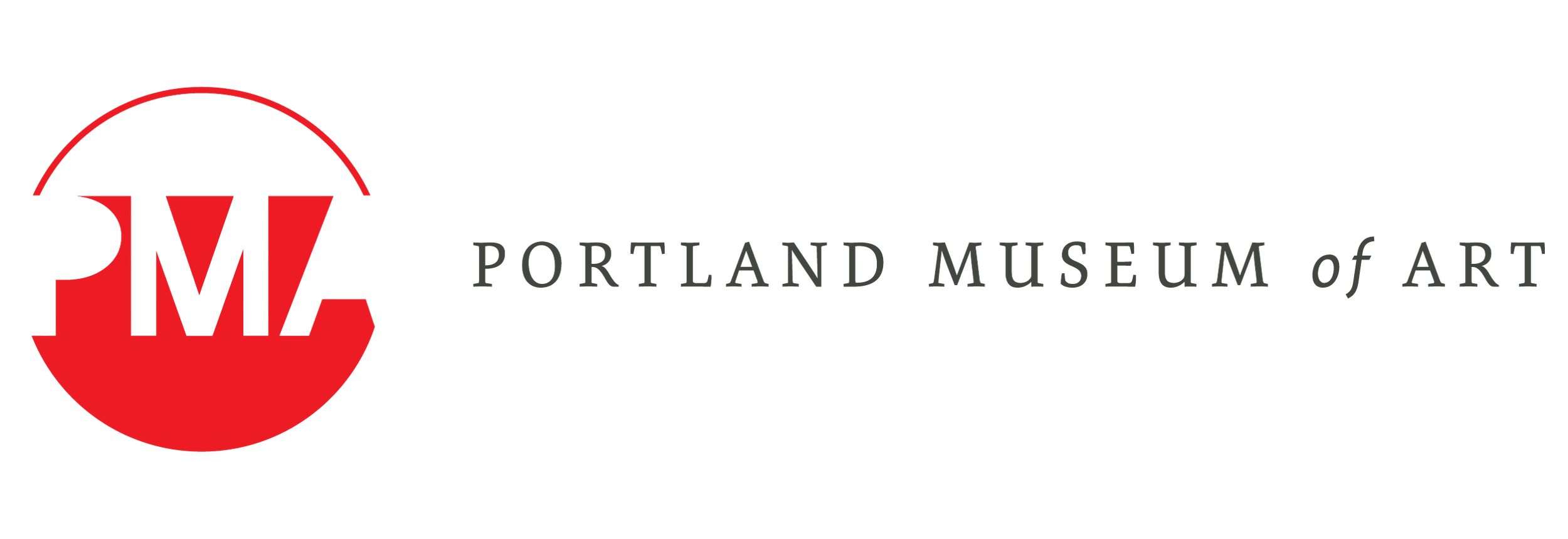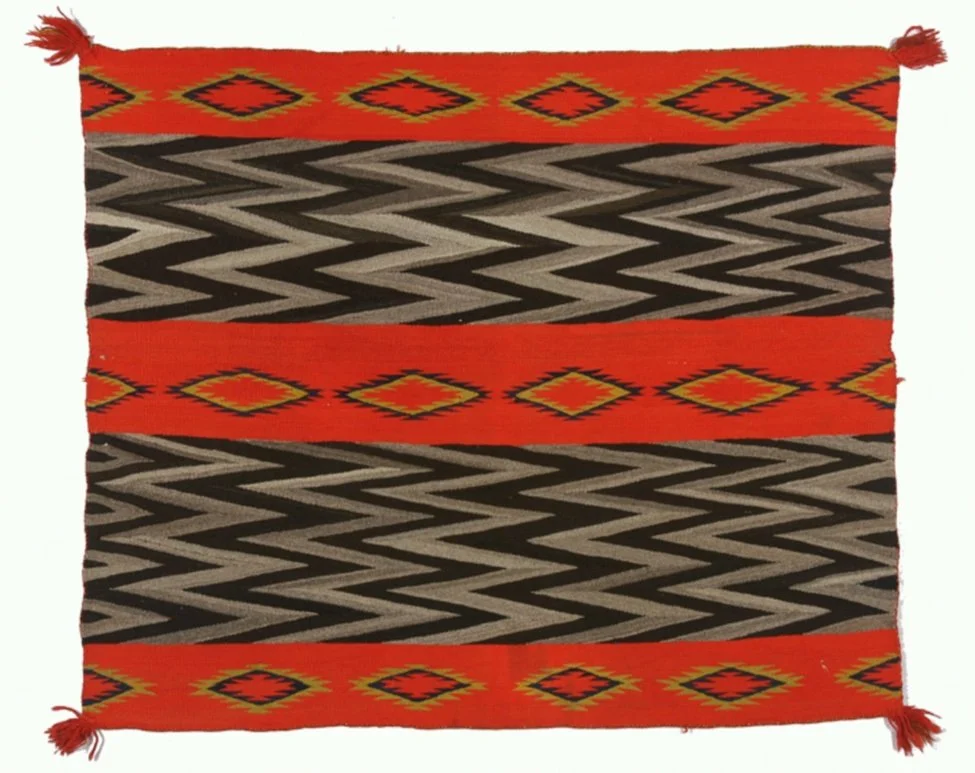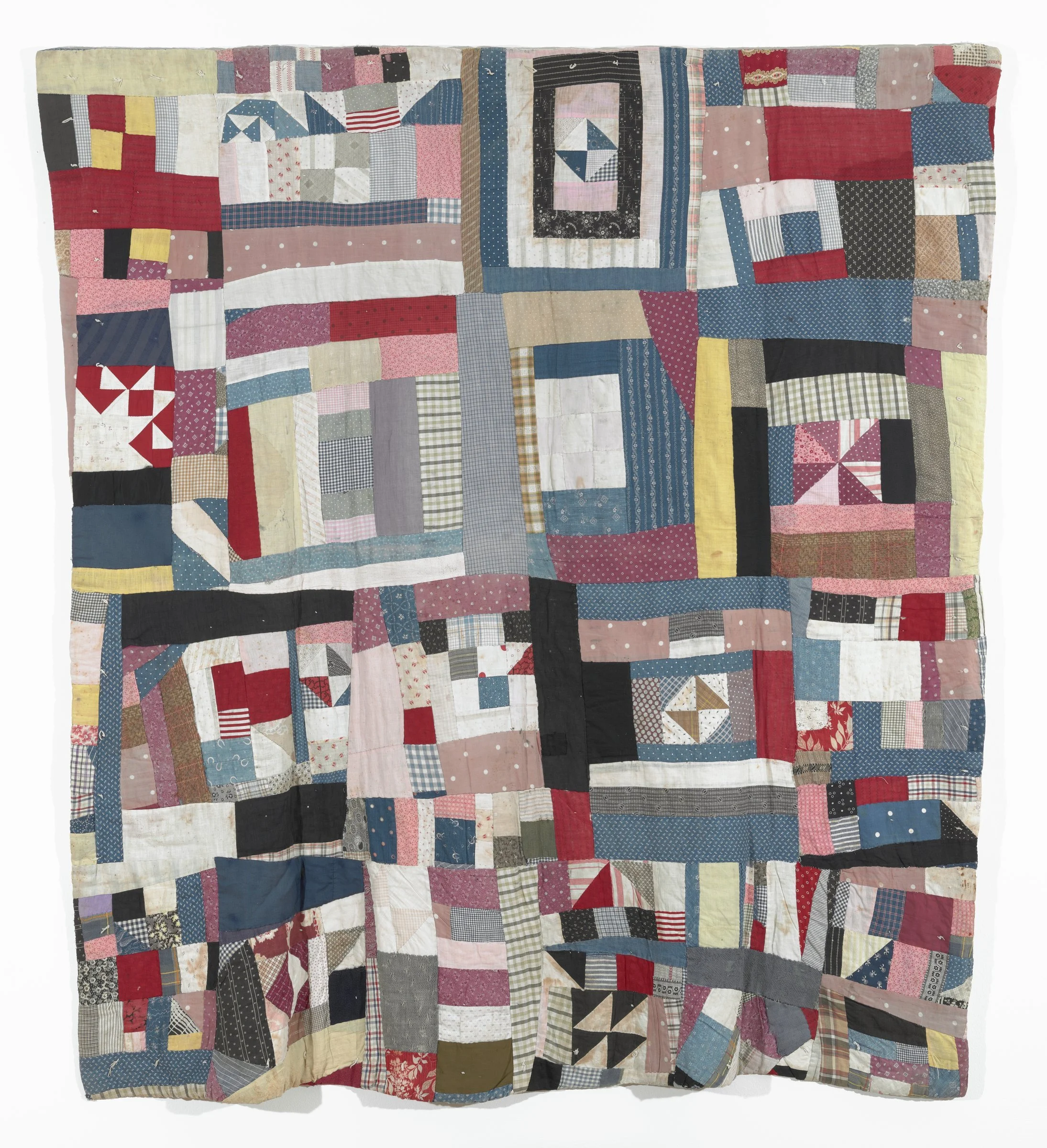Terra Foundation: Grantees Announcement
Grantees Announced: Second Round of Re-envisioning Permanent Collections Awards
This article was published on the Terra Foundation website.
The Terra Foundation for American Art is pleased to announce the 2022 grant recipients of Re-envisioning Permanent Collections: An Initiative for US Museums. Grants totaling nearly $3.1 million were awarded to 45 arts and cultural organizations in the United States to support permanent collection projects that share full and representative histories of American art with the public. This program for grants awarded in 2023 and beyond is now called Collections Grants.
To support visual arts projects that question and broaden understandings of American art and engage in transforming how the story of American art is told, these Collections Grants offer opportunities for reinstallation planning and implementation and for the development of temporary exhibitions drawn from museum collections, as well as accompanying publications and programs. Over the past two years, more than 50 US cities and towns across the country received Re-envisioning grants, including six implemented in Chicago. The full list of recipients for the second round of Re-envisioning Permanent Collections grantees and projects is listed below.
Among the second round of recipients is the Iris & B. Gerald Cantor Center for Visual Arts, which is receiving a grant in support of the exhibition East of the Pacific: Making Histories of Asian American Art, part of the Cantor Art Center’s Asian American Art Initiative at Stanford University. The exhibition “is drawn almost entirely from the Cantor’s rapidly growing collection of Asian American art and features the multigenerational presence and contributions of makers of Asian descent in this nation,” said Aleesa Pitchamarn Alexander, Assistant Curator of American Art at the Cantor Arts Center and Co-Director, Asian American Art Initiative. “The show asks viewers to reorient their perception of American art and its significant participants.”
In Atlanta, Georgia, the High Museum of Art received support planning for Patterns in Abstraction: Aesthetic Innovation in African American Quilts, an exhibition showcasing the High Museum of Art’s holdings of quilts by African American women. Patterns in Abstraction features quilts that are variations on Birds in the Air and Housetop themes, two quilt patterns with origins in the nineteenth century that are geometric distillations of natural phenomenon and human-made environments.
Katherine Jentleson, the High Museum’s Merrie and Dan Boone Curator of Folk and Self-Taught Art, said, “Quilts have always occupied tenuous positions in narratives of American art, and this is even more true for quilts made by African American women. This collection-based exhibition and digital publication will deepen knowledge about the High’s recently expanded collection of African American quilts through community-based research and address their contested reception history head on with a convening of established and emerging quilters, curators, and scholars who will respond to the question: ‘How can quilts made by African American women change how we tell the story of abstraction?’”
In California, the Riverside Art Museum is developing an exhibition program for the new Cheech Marin Center for Chicano Art and Culture. The Cheech opened in May 2022, stewarding more than 500 pieces gifted from Cheech Marin’s collection and presenting programs that uplift Chicano artists and their contributions to the American art canon. “The Cheech Marin Collection has brought unprecedented attention to Chicanx Art, which has historically been largely ignored by mainstream art institutions,” said the Cheech’s Artistic Director, María Esther Fernández. “This collection will serve as a foundation to support continued art historical scholarship through research initiatives and exhibition programming that not only center the work in the collection but identify its gaps and areas of growth.”
In New Mexico, Horizons: Weaving Between the Lines with Diné Textiles showcases 40 historic and contemporary textiles from the Museum of Indian Arts and Culture’s and the American Museum of Natural History’s collections and places Indigenous aesthetics at the center of Navajo textile production. “Historic and contemporary weavings will be displayed alongside tools, looms, raw materials, digital prints, and photographs to expand and enrich narratives relating to Native American textile art and issues of cultural preservation and heritage,” said guest co-curators Hadley Jensen and Rapheal Begay (Diné). “Shaped by the voices of contemporary weavers and cultural practitioners, Horizons will provide museum audiences with a deeper understanding of Diné artistry and ways of knowing, past, present, and future.”
In Portland, Maine, a reinstallation of American art galleries at the Portland Museum of Art focuses on such themes as the environmental and social impact of the coastal scenes depicted in nineteenth-century American painting as well as the broader histories and artistic traditions of First Nations artists in Maine. “This reinstallation offers us an extraordinary opportunity to present a more expansive, equitable, and accessible story of American art by bringing Indigenous and US cultures into dynamic dialogue and highlighting complex histories that have yet to be told in our galleries,” said Ramey Mize, Assistant Curator of American Art at the Portland Museum of Art. “With the vital support of the Terra Foundation, we are committed to thinking in collaborative, cross-cultural, and truth-seeking ways to foreground how our collection animates important questions: from the very definition of ‘America’ to ongoing issues and legacies of colonialism, slavery, and climate change.”
Applications are open for Collections Grants, previously called Re-envisioning Permanent Collections, to support planning and/or implementation for permanent collection reinstallations and temporary exhibitions drawn primarily from an institution’s permanent collection. To be considered, visual art projects should focus on arts of the United States, including Native American arts.
Learn more about Collections Grants and apply today. Letters of Inquiry are due August 1, 2022.
For all foundation grants awarded, and more information about the grants, please see the grants database.



